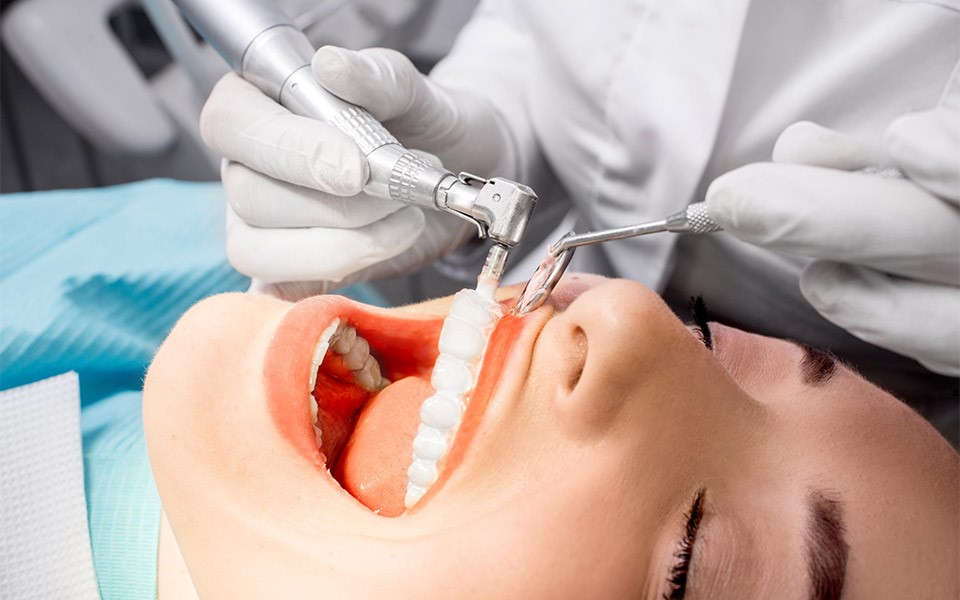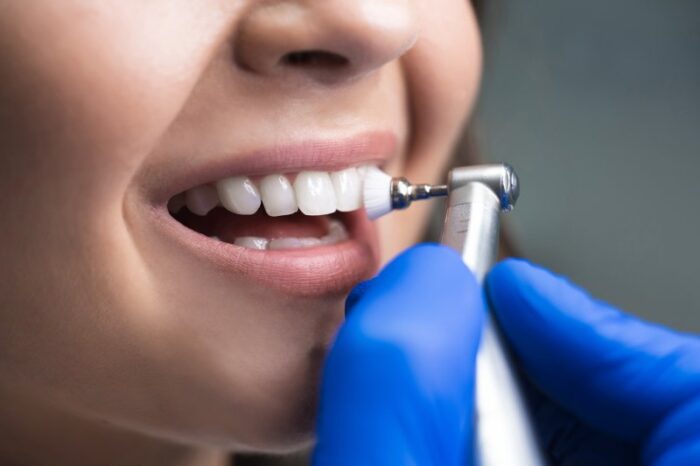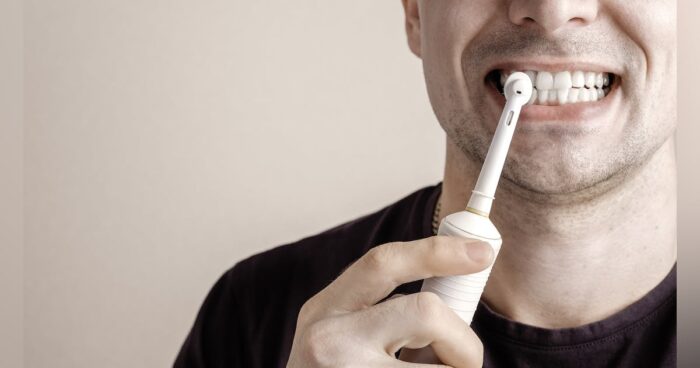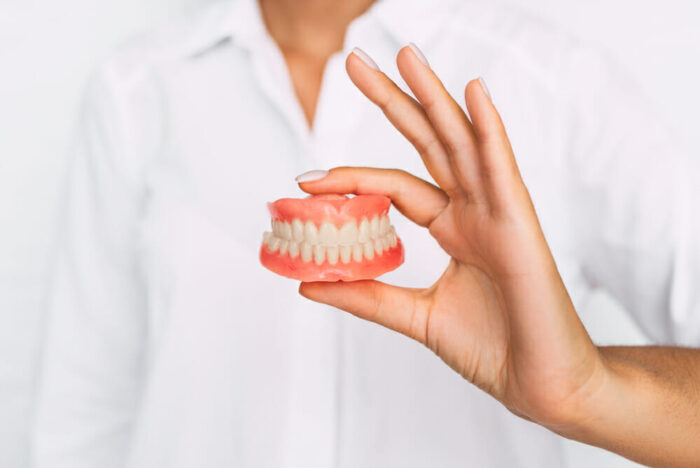
Maintaining good oral habits is the only surefire way to ensure that you do not develop any kind of oral health issue. One such good habit that you should incorporate into your routine is regular dental cleanings done by qualified dental professionals like Sherwood Park Dental Practice.
These professional dental cleanings are important because they allow your dentist or dental hygienist to not only reach the spots that you may have missed (even after brushing and flossing) but also to monitor the condition of every part of your mouth.
Although dental cleaning is a non-invasive dental procedure, it is still important to have a good understanding of the procedure in order to better prepare yourself. Below is everything you should expect during and after a professional dental cleaning.
What to Expect During a Dental Cleaning
The process of dental cleaning is quite simple and isn’t something to stress about. The steps involved are:
Initial examination- This is a visual exam carried out by your dentist or hygienist to look for signs of gingivitis, cavities, and any other oral diseases. Usually, a mirror is used to look at all the corners and areas of the mouth.
X-rays- This is done to detect any dental issues (like bone loss, tooth decay, and movement) that a visual exam may have missed.
Teeth Cleaning- After your oral exam is complete, your dentist or hygienist will proceed to the cleaning. They will start by using a scaler to remove plaque and tartar from the teeth and along the gum line. This process is painless, but you may notice some scraping sounds as the tartar and plaque are being removed.

Polishing, Flossing and Fluoride Treatment- To remove teeth stains, power polishing is used, after which the mouth is rinsed. After rinsing, the hygienist will floss your teeth to remove any additional plaque that may be hiding between the teeth.
For patients at high risk of decay, the hygienist may follow up the flossing with fluoride treatment (a mouthpiece is filled with the fluoride treatment and inserted into the mouth for a minute or two followed by rinsing). You can still get this treatment even if you are not at risk for decay.
Final Inspection- Once the cleaning is done, the dentist will perform a final inspection. From reviewing the X-rays of your mouth, they will also evaluate any problem areas and recommend the proper course of treatment.
What to Expect After a Dental Cleaning
As you leave your dentist’s office following a dental cleaning, there are a few things you should expect such as;
Sensitive Teeth- Experiencing mild tooth sensitivity immediately after a professional dental cleaning is completely normal and it should go away after a few hours. If you experience painful or prolonged tooth sensitivity (anything longer than 24 hours), make sure to contact your dentist immediately.
Eating After the Cleaning- If you received a fluoride treatment during the cleaning, then you will have to wait at least 30 minutes post-cleaning to eat anything. Also, avoid drinking acidic or fizzy drinks as they can wash away the topical fluoride treatment before it gets a chance to bond with your teeth’s enamel. Only sip water if you’re thirsty.
Some Aftercare Tips to Help

- Wait for at least 30 minutes post-cleaning before eating or drinking anything other than water.
- Avoid foods and drinks that are hot for at least 4 hours following your dental cleaning. This is because, in addition to tooth sensitivity, dental cleaning can also cause your gums to be tender and the heat from hot foods (and drinks) will only cause further discomfort.
- Do not skip brushing your teeth. Try to avoid the temptation of skipping your nightly brush immediately after a dental cleaning (unless your dentist tells you otherwise). Instead, opt for a very gentle brush with a soft-bristled toothbrush.
- Lookout for any unusual pain or bleeding. Although tender gums, mild tooth sensitivity, and a little bleeding may occur immediately after a dental cleaning, it should clear up within a day or two. If you notice anything longer, consult your dentist, as you may have a complication that needs treatment.
Conclusion:
Professional dental cleanings are a necessary component of a good oral hygiene routine. It is what ensures that tartar or plaque buildup is removed, so you don’t develop cavities or gum disease. It also creates an opportunity for your dentist or dental hygienist to examine your mouth for early signs of oral diseases.
This way, you can treat them before they become serious. Hopefully, this article has been able to provide you with what you need to know to better prepare yourself for a professional dental cleaning.















